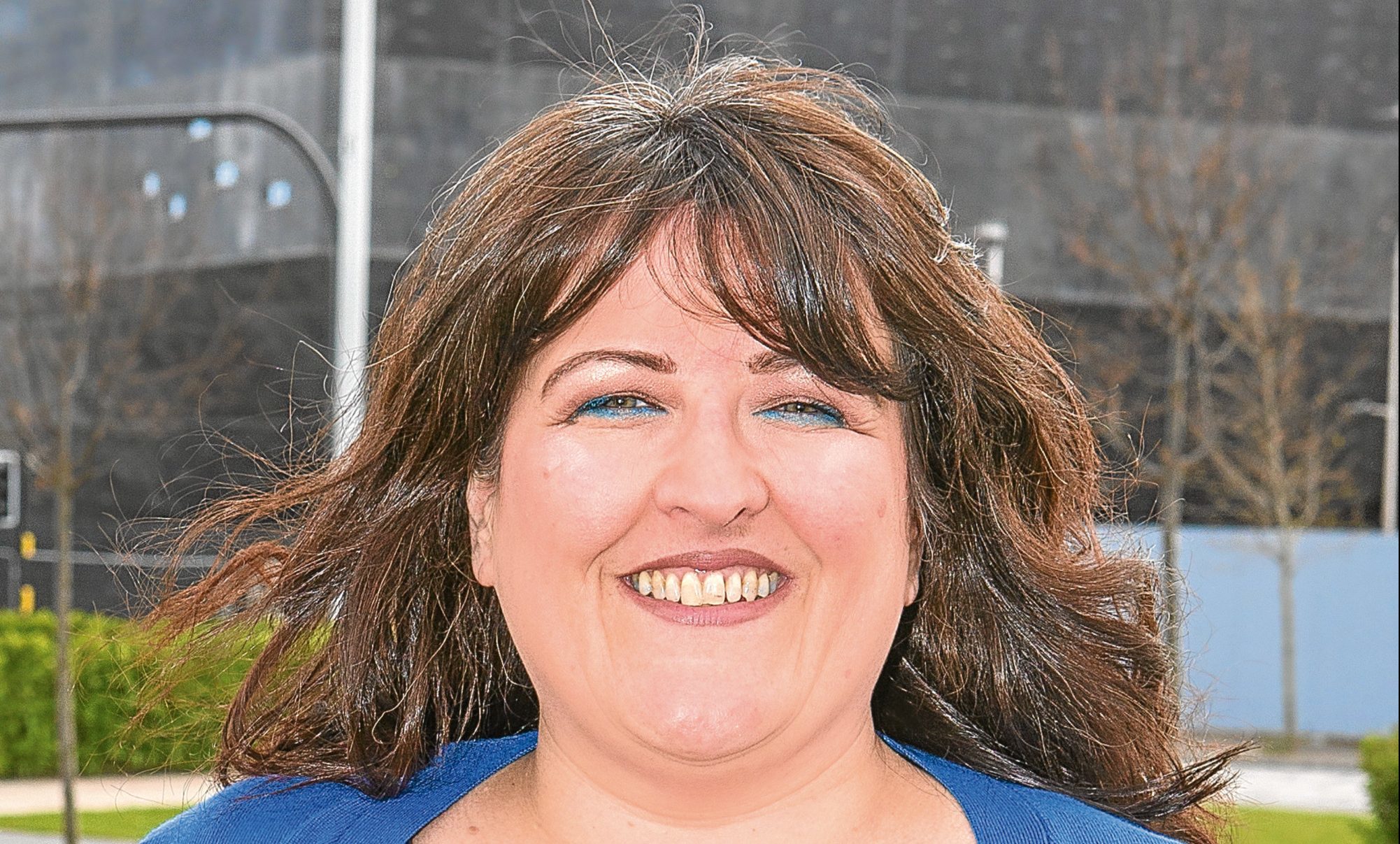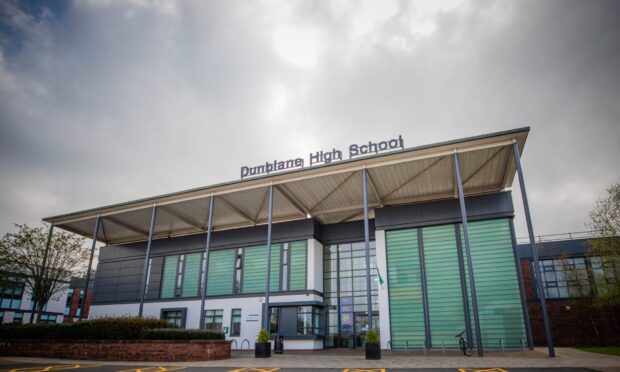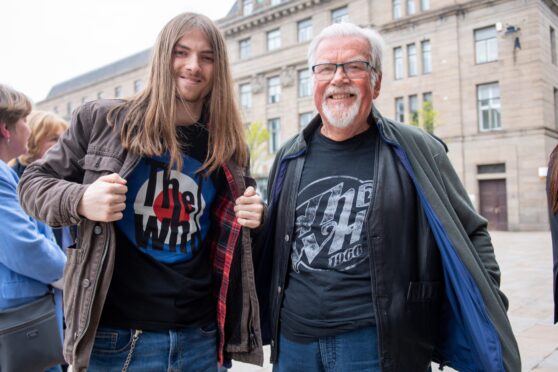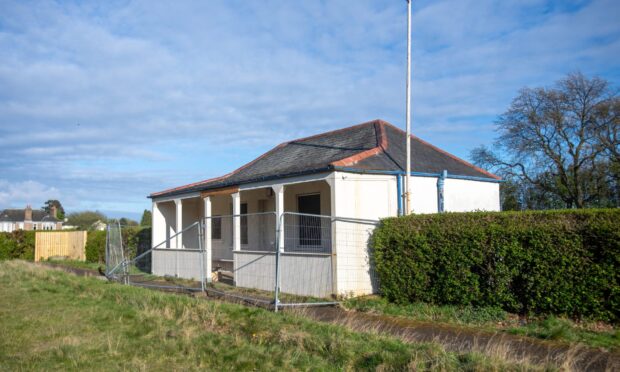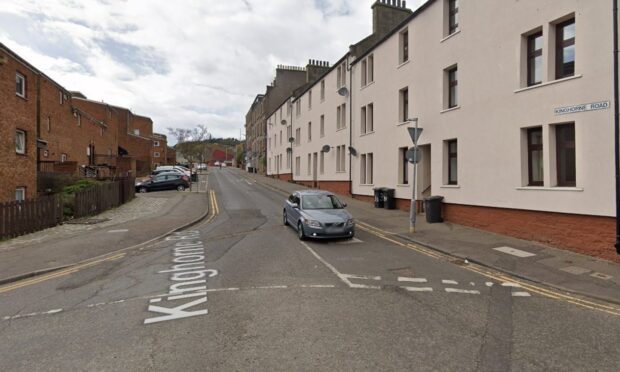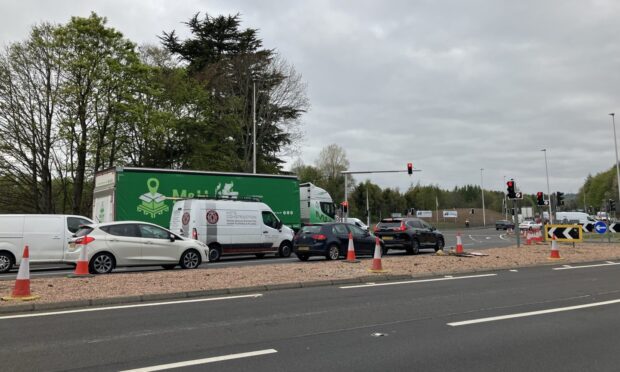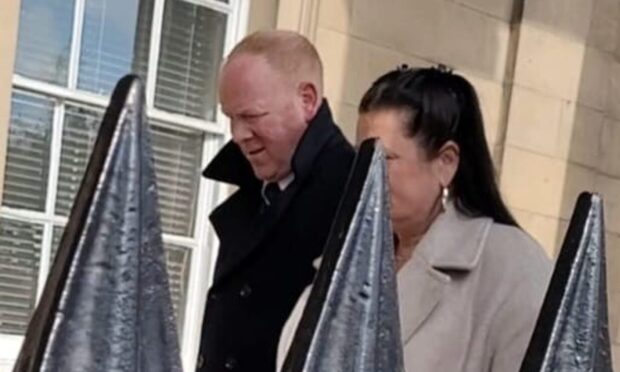A controversial building development opposite the V&A will play a key role in Dundee’s economic regeneration according to one of the city’s leading councillors.
City development convener Lynne Short admitted the council could have done more to explain plans for the waterfront redevelopment but insisted the mixed-uses scheme would benefit the city.
It will include a hotel directly overlooking the V&A, as well as offices and flats.
The plans were approved last summer but provoked a public outcry after a tender submitted by Robertson Construction on behalf of Wilmott Dixon for the £15.5 million project was approved.
Online petitions were launched urging the council to abandon the plans but Ms Short said there would be no turning back.
And she said negotiations were already underway with potential operators for the new hotel.
Ms Short said: “I haven’t been surprised by the response but maybe we should be talking more about what’s happening and bringing people with us.
“We’re not doing it because we want to take away a view, we’re doing it because we want an amazing city where we don’t have child poverty and problems like that. It’s about recreating Dundee.
“It’s about the people of Dundee, whether you are born here or choose to live here – doing the best for them.”
She said office space opposite the train station would help bring new investment to Dundee and the development would provide flexible accommodation for the kind of businesses that are not found elsewhere in the city.
She believes hundreds of jobs could be created as a result.
She said: “Why shouldn’t we have headquarters, whether public or private sector? We have an international platform now through the V&A. The more people are aware of Dundee they will want to be in Dundee.”
Critics of the development have pointed to vacant offices in the Technology Park but Ms Short said many of these were out-of-date and not in public hands.
She said: “The Tech Park happened in the 80s and when the offices went up they were state of the art but those offices are no longer seen as a place where many people want to work.
“People don’t value that space so it’s very difficult for the agents to actually get someone to go into there.
“We (the council) have no footprint as a council on that site which means we can’t dictate that building needs to be tidied up or performing. We have no influence.”
